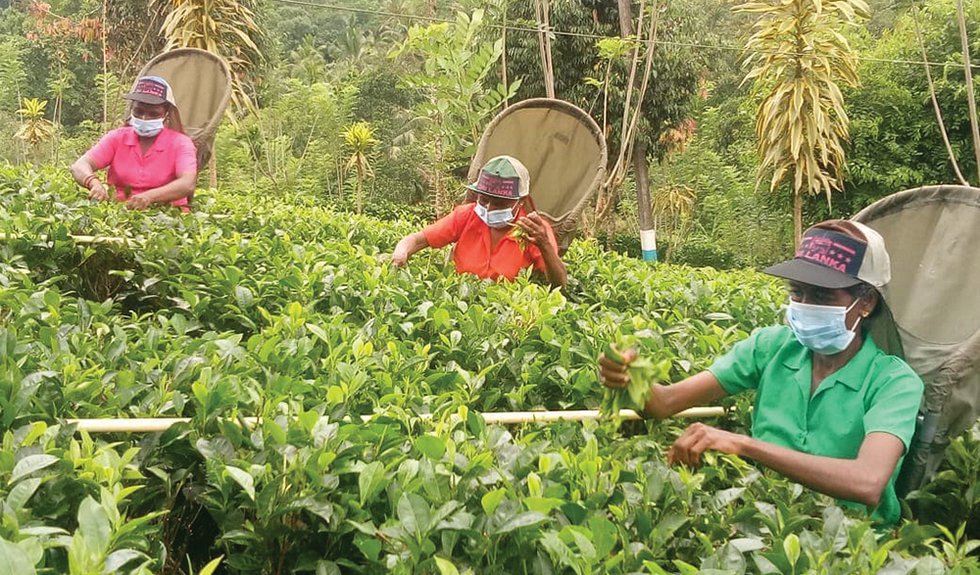Global Demand for Tea Outpaces Supply, Leaving Markets Thirsty

Matcha, the vibrant green tea from Japan, is experiencing a global surge in popularity, with its presence expanding from coffee shops in the UK to doughnut chains in Singapore. This trend is largely fueled by social media, where influencers showcase brewing techniques and recipes, leading to millions of views under the hashtag “Matcha Tok.” The rise in matcha’s appeal coincides with a post-pandemic tourism boom in Japan, where a weaker currency has made the country a more attractive destination, further increasing demand for its products. However, this soaring interest has led to significant supply challenges, pushing prices higher as tea crops struggle to keep pace with consumer appetite.
Rising Demand and Supply Challenges
The demand for matcha has reached unprecedented levels, with tea importers in the United States reporting that their stock is depleting rapidly. Lauren Purvis, who operates Mizuba Tea Co, noted that some cafes are now requesting up to a kilogram of matcha daily to meet customer needs. This surge in demand is compounded by adverse weather conditions, including heatwaves that have negatively impacted tea crops, alongside tariffs imposed by the U.S. on Japanese imports. These factors have resulted in a significant increase in matcha prices, creating a challenging environment for both retailers and consumers.
Traditionally, matcha is produced through a meticulous process involving shade-grown green tea leaves known as tencha. These leaves are harvested, dried, and ground into a fine powder using stone mills, a labor-intensive method that yields only a small amount of matcha per hour. However, recent heatwaves have severely affected crop yields in key regions like Kyoto, where a significant portion of Japan’s tencha is cultivated. The aging population of farmers in Japan also poses a long-term threat to matcha production, as fewer young people are entering the industry. Consequently, shops in matcha-rich areas are often left with empty shelves, prompting some retailers to limit customer purchases.
Impact on Retailers and Prices
As demand for matcha continues to rise, retailers are feeling the pressure. In Uji, a city renowned for its matcha, shops frequently sell out of their stock shortly after opening. To manage the situation, many retailers have implemented purchasing limits. For instance, Camellia Tea Ceremony restricts customers to one tin of matcha due to the influx of tourists, which has doubled over the past year. Similarly, tea master Rie Takeda from Chazen, a tea ceremony chain in Tokyo, has observed delays in matcha deliveries, with orders that once arrived in days now taking over a week. This scarcity has led to a price increase of approximately 30% at Chazen’s locations this year.
Despite the challenges, the matcha boom has also attracted new growers, with production nearly tripling from 2010 to 2023. Japan’s agricultural ministry reported a 25% increase in green tea exports, including matcha, last year, amounting to 36.4 billion yen (approximately $250 million). This growth reflects a broader interest in Japanese culture and cuisine, as more people seek to experience traditional tea ceremonies and the unique flavors of matcha.
Mindful Consumption and Future Outlook
In response to the matcha craze, there is a growing movement advocating for mindful consumption. Some experts and enthusiasts are urging consumers to avoid hoarding matcha or using high-grade varieties in cooking, where their delicate flavors may be lost. The Global Japanese Tea Association encourages the use of lower-grade matcha, which is more abundant and suitable for culinary applications. This approach aims to preserve the integrity of high-grade matcha while ensuring that the tea is enjoyed with respect for its cultural significance.
As matcha prices are expected to rise further due to ongoing tariffs imposed by the U.S., distributors are preparing for the potential impact. A recent trade agreement announced between Washington and Tokyo will introduce a 15% import tax on Japanese products, including matcha. Despite the current challenges, some industry leaders believe that the market may stabilize in the coming years. Masahiro Nagata, co-founder of Matcha Tokyo, expressed optimism that while demand is currently high, it may eventually level off, allowing for a more sustainable business environment in the future.
Observer Voice is the one stop site for National, International news, Sports, Editor’s Choice, Art/culture contents, Quotes and much more. We also cover historical contents. Historical contents includes World History, Indian History, and what happened today. The website also covers Entertainment across the India and World.

